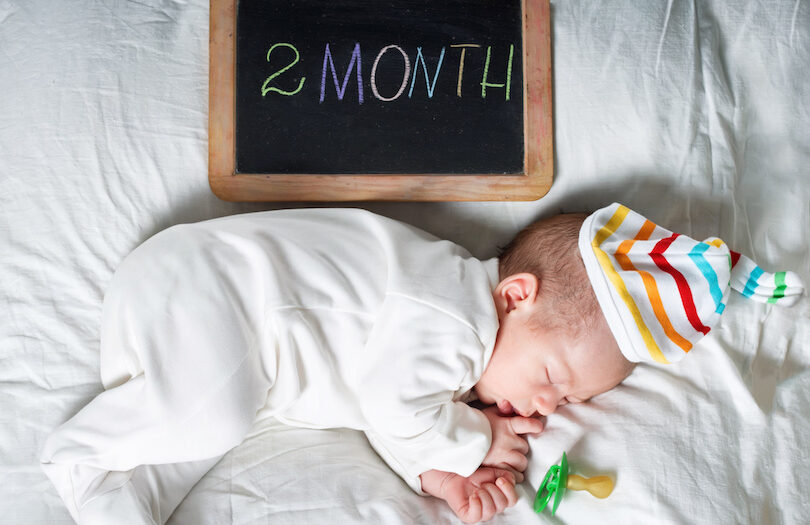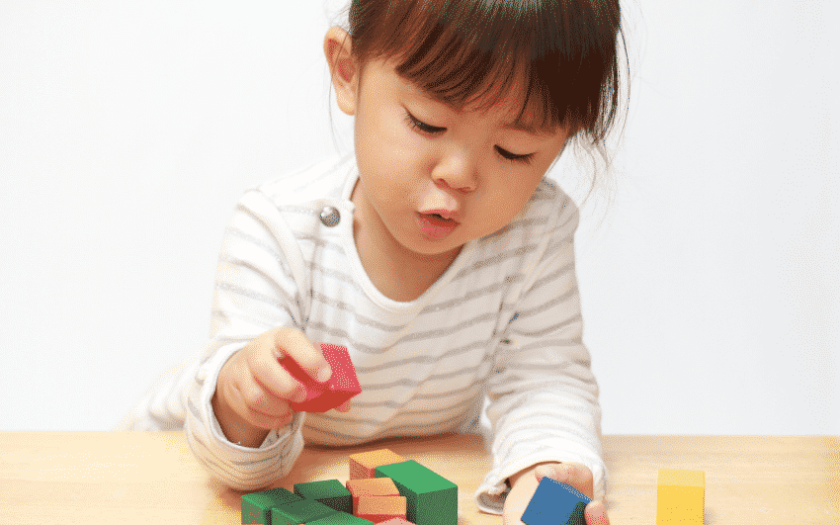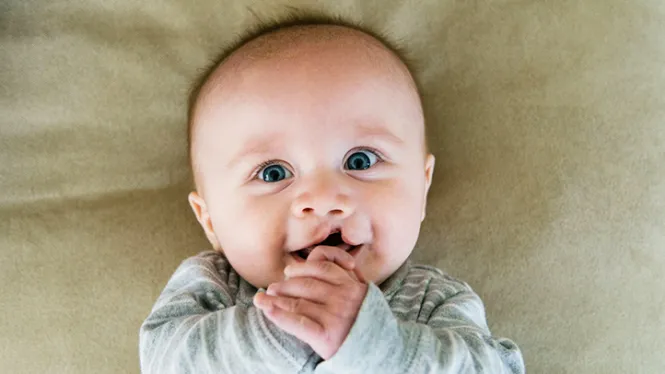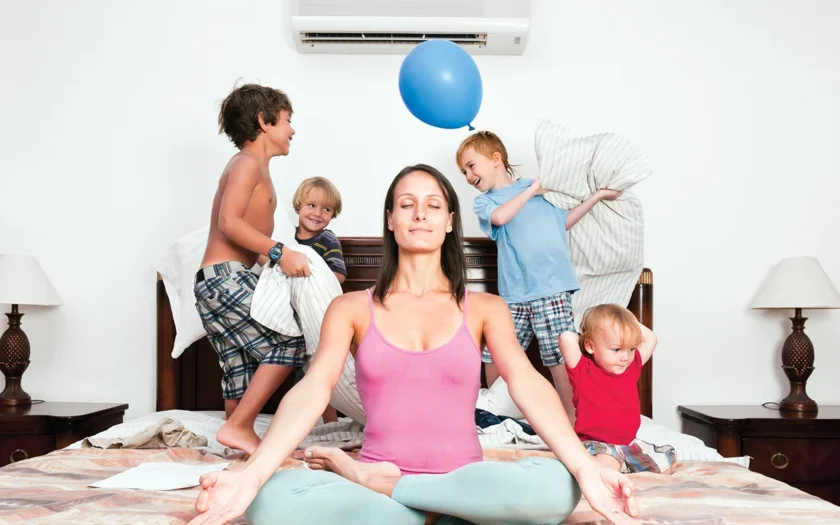At 2 months old, your baby is rapidly developing and beginning to show more personality and awareness of their surroundings. This stage is marked by significant physical, cognitive, and social milestones, as they start to interact more with you and their environment. In this guide, we’ll explore the key developments you can expect from your 2-month-old baby.
Caring for My 2-Month-Old: Growth and Development Milestones
By 2 months, your baby will have gained a significant amount of weight, often looking round and chubby. As their muscles develop, their arms and legs start to move more freely, stretching out and giving them a taller and leaner appearance.
During these first two months, your baby experiences rapid growth, typically gaining about 900 grams (2 pounds) and growing 2.5 to 3.8 centimeters (1 to 1.5 inches) each month. Babies often undergo a growth spurt around 6 weeks, which can make them fussier as they demand more frequent feedings. This period might make it feel like you’re constantly feeding them, especially during certain times of the day. Signs of hunger include sticking their tongue out or sucking, while dozing off or turning their head away usually indicates they’re full.
At 6 to 8 weeks, your baby will have their scheduled vaccinations, which include two injections and the oral rotavirus vaccine. Depending on specific health conditions or if your child is Aboriginal or Torres Strait Islander, they may receive an additional injection. These early vaccinations are crucial for protecting your baby against serious illnesses and supporting their overall health.
Milestones and Abilities: What Your Baby Can Do at 2 Months Old
At 2 months old, your baby is starting to show remarkable growth and new abilities, marking an exciting period of development. This stage includes significant physical, cognitive, and social milestones as your baby begins to engage more with their surroundings. In this guide, we’ll explore the key milestones and abilities you can expect from your 2-month-old:
- physical Development.By 2 months, your baby will have discovered their fingers and hands. They will hold their hands open and grab objects, though they may not yet know how to let go. They might also clasp both hands together and explore their newfound ability to move them.Two-month-old babies start to learn how to coordinate their movements. Instead of the jerky arm and leg movements they made when they were born, they can move more smoothly and in a circular motion. They will kick both legs strongly and be very wriggly. While rolling over typically occurs later, some babies may show early attempts, so never leave them unattended on a change table.Their neck strength continues to improve, and during tummy time, they might lift their head and move it from side to side. Some babies can even lift their chest off the ground by now, showing increased upper body strength;
- social Development.Some (though very few) babies can sleep through the night by the time they reach 2 months. But even if you’re not one of the lucky parents or carers, your baby might at least be sleeping for longer stretches at a time. They’ll probably be having 2 to 4 long sleeps and will be more awake and alert during the day, although babies’ sleep patterns still vary widely at this age.Your baby will also clearly recognize you and will look at you when you talk to them. They will enjoy looking at your face and will be giving you some lovely smiles, indicating their growing social awareness and attachment;
- cognitive Development.Your baby will be able to follow you with their eyes and track a moving object past the midline. They will enjoy looking at objects with more complex patterns and colors, which stimulate their developing vision and cognitive abilities;
- language Development.Your baby will also be making a lot more sounds and gurgling, including sounds like ‘a’ or ‘o’. They will seem to listen to you and talk back, starting the early stages of language development. Engaging in “conversations” with your baby by responding to their coos and gurgles helps foster their communication skills.
At 2 months old, your baby is rapidly developing new skills and abilities, from physical coordination to social interaction and early language development. These milestones mark an exciting phase as your baby becomes more engaged with their surroundings and responsive to your presence. Enjoy this time of growth and bonding, celebrating each new milestone along the way.
Supporting Your Baby’s Development: Tips and Activities for 2-Month-Olds
As your baby develops more of a daily rhythm, you’ll find they are awake more during the day. This gives you more time to interact with them and support their development. Spend plenty of time reading to them, singing, and talking. These activities help them get used to sounds and words, fostering early language and communication skills.
Engage your baby with a variety of objects that have different designs, colors, and shapes. Plastic toys and soft balls are excellent choices for this purpose. These activities stimulate their senses and encourage cognitive development.
Your baby will love looking at you, so make sure to smile at them often. Smiling releases ‘feel-good’ chemicals in your baby’s body, helping them feel safe and secure. Additionally, giving your baby a gentle massage can be very relaxing for them; post-bath time is an ideal opportunity for this.
Continue with regular tummy time sessions, lasting 1 to 5 minutes, to strengthen their neck and upper body muscles. This activity is crucial for developing the muscles needed for future milestones like sitting and crawling. However, always remember to put your baby to sleep on their back to ensure their safety.
Supporting your 2-month-old baby’s development involves engaging them with various sensory activities, regular tummy time, and plenty of face-to-face interaction. These activities help foster their physical, cognitive, and emotional growth. By spending quality time reading, singing, talking, and smiling at your baby, you create a nurturing environment that promotes their overall well-being and development.



